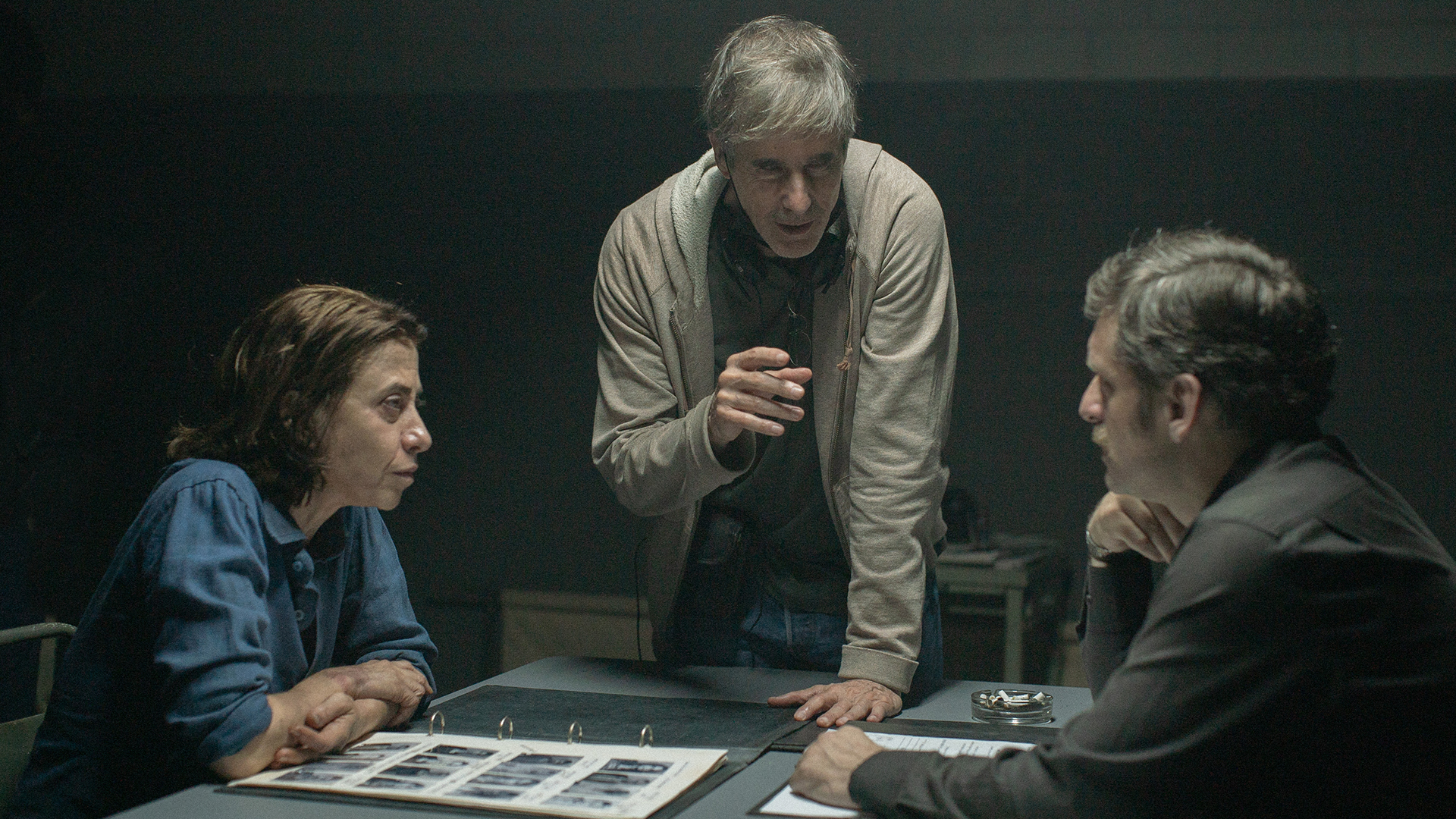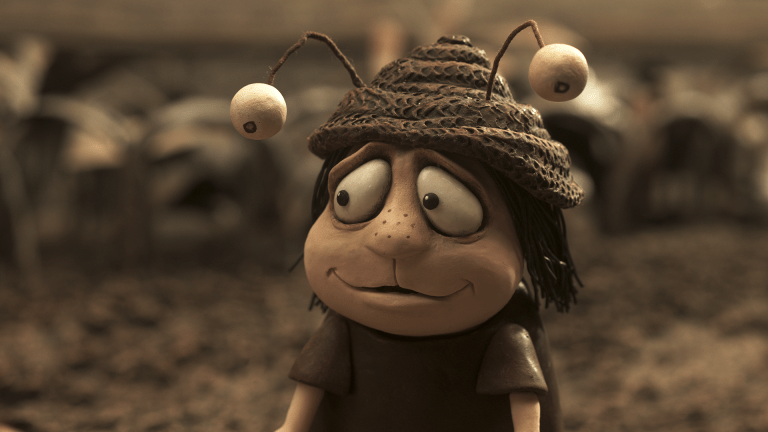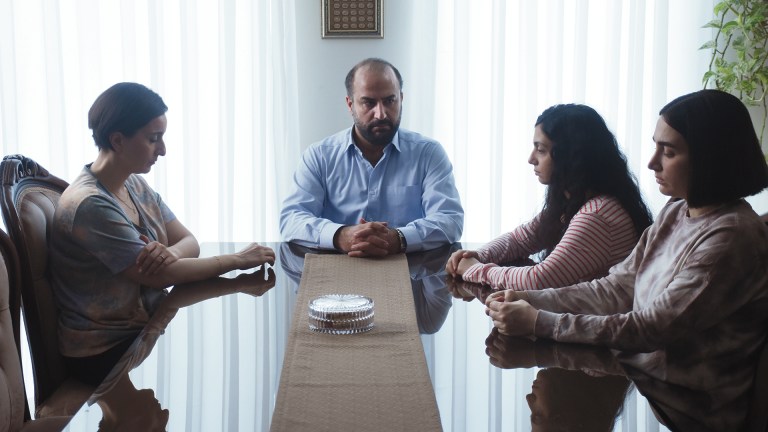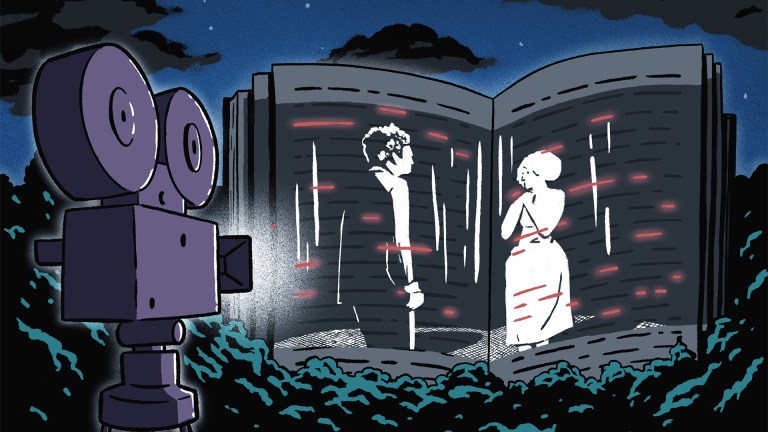When Big Issue spoke to Walter Salles, celebrated Brazilian director of Central Station, The Motorcycle Diaries and now I’m Still Here, his lead actress Fernanda Torres had not yet won a Golden Globe or been nominated for an Oscar – the biographical dictatorship drama hadn’t even been released in Brazil. In the time since, I’m Still Here has become the highest-grossing Brazilian release since the pandemic and received widespread acclaim from audiences who championed Torres’s exemplary performance and the unsparing, empathetic reflections on a painful political history.
For Salles, films like I’m Still Here “offer the possibility to understand a little better Brazilian identity in transformation. Who we were, who we are, and frankly, that may inform who we want to be”.
- The Brazilian women on the front line of the climate change fight
- This bizarre tale of a snail-obsessed misfit might be the unlikely hit of the Oscars
Torres plays Eunice Paiva, whose dissident husband Rubens is “disappeared” by military police during the Brazilian dictatorship in the 70s. This tragedy sparks Eunice’s decades-long fight to discover Rubens’ fate and keep her family united in the face of authoritarianism and national cowardice. As Salles puts it, “She had to do two things at the same time: offer a form of resistance to that oppressive regime and reinvent herself in the face of oppression.”
The film depicts a period in Brazilian history that feels urgent after years of far-right governance, corruption (including the false imprisonment of Luiz Inácio da Silva), and an attack on congress carried out by a mob of Jair Bolsonaro’s supporters.
Get the latest news and insight into how the Big Issue magazine is made by signing up for the Inside Big Issue newsletter
“As we started to write it, it felt like we would be offering a reflection of the years that Brazil went through, and then little by little, the present caught up with us,” says Salles. “It’s something that we didn’t anticipate. We came very close to a moment where what the film describes could happen again. That informed the whole family of the film. The actors, the DP, the editor, the grip – everybody was conscious that this was about the past, but also about the kind of present we wanted to be part of.”










